
Apparently I hit a nerve. Remember that post I wrote about coconut oil not necessarily being safe to consume if you have been a victim of mold exposure? Well, I’m about to hit another nerve folks. Take a seat please… this has to do with mycotoxins in food you eat.
Mold spores are everywhere. They basically are unavoidable. Even living in a bubble wouldn’t keep you safe. Some spore would sneak in for sure. So it stands to reason that our food supply is not immune to mold spores and the resulting mycotoxins (fungal toxins).
I was pretty blown away at just how deeply mycotoxins have infiltrated our food supply. But after learning more, I am not really all that surprised. It is unavoidable especially with the common farming practices these days.
Please don’t freak out when you read this list of foods that are contaminated with mycotoxins. It is pretty overwhelming to be sure. However, if you have a mold sensitivity or are dealing with mold related illness, it is good to limit your intake of these foods while you allow your body time to heal.
Mycotoxins in Food You Eat
First up – the worst offenders.
These 8 foods/food groups are notorious for being contaminated with aflatoxins, one of the most toxic of all mycotoxins. Studies have shown that when humans are exposed to small amounts of aflatoxins over an extended period of time, they develop a wide range of serious health problems including growth impairment, liver cancer due to DNA mutation, and a suppressed immune system. These are foods that I avoid as much as possible. Period.
Foods highly contaminated with aflatoxins are:
- Corn
- Grains (including grain based baked goods, breads, cereal, crackers, and pasta)
- Grapes
- Maple Syrup
- Nuts and Nut butters
- Orange Juice
- Wheat
- Wine
Foods highly contaminated with other mycotoxins include:
- Apples
- Barley
- Beans (dried)
- Cheese (some but not all and mostly hard cheeses)
- Coffee Beans
- Cottonseed
- Dried fruits
- Herbs (dried)
- Lentils
- Peas (dried)
- Peanuts
- Rye
- Sorghum
- Sugar Beets
- Sugar Cane
- Tea (in bags)
- White potatoes
So what foods are safe?
Just because it didn’t make one of the lists doesn’t mean it is totally free from mold spores and mycotoxins. Mycotoxins in food you eat is practically unavailable. But for the most part dairy products (with the exception of some cheeses), fresh fruit, fresh vegetables, meat, eggs, and fish are free from mycotoxins. You do want to make sure that you wash the outside of all produce and peel the skin when possible.
So what is a person to do? Stop eating? Obviously that is not the solution. But no one wants mycotoxins in food they are consuming.
Genetics can play a huge role in your body’s ability to remove the mycotoxins from your system. So some people will have to work harder than others at getting their body to detox the mycotoxins. But in general, you need to:
- Consume a lot of clean water
- Sweat daily
- Drink fresh pressed juice a few times per week
- Pump yourself full of nourishing foods that are known to cleanse the system
- Reduce sugar intake to almost nothing (fungus loves sugar)
- Have regular bowel movements
- Get restorative sleep
- Use supportive herbs, minerals, and supplements to keep key organs working optimally.
Would you like to learn more about mycotoxins in our food supply? These books can help!
 |
 |
 |
 |
 |
Sources for mold related information include but are not limited to:
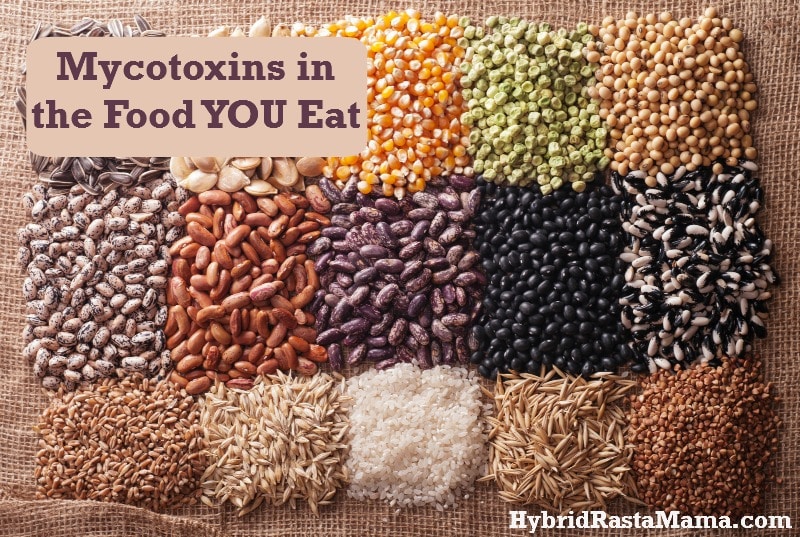
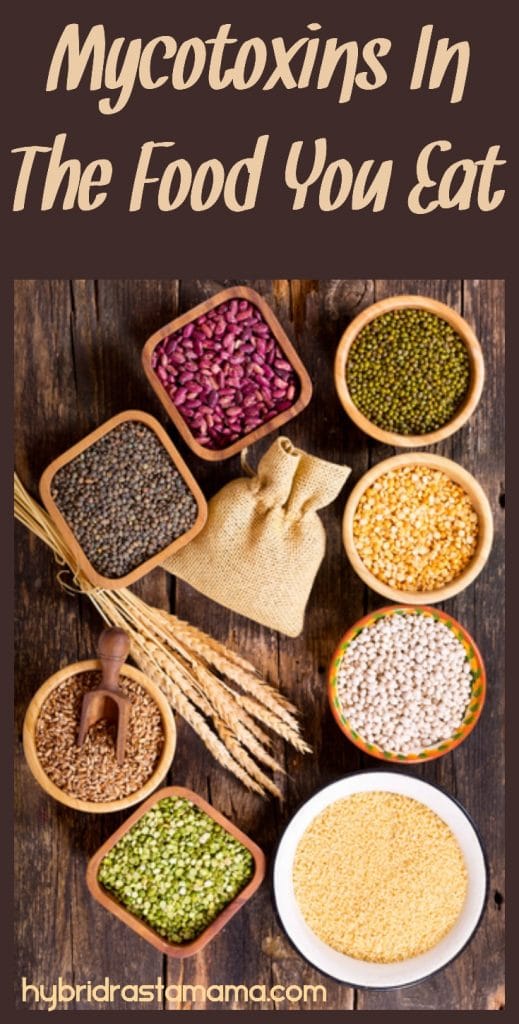

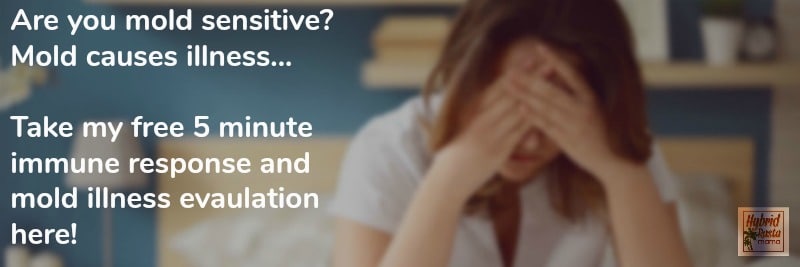

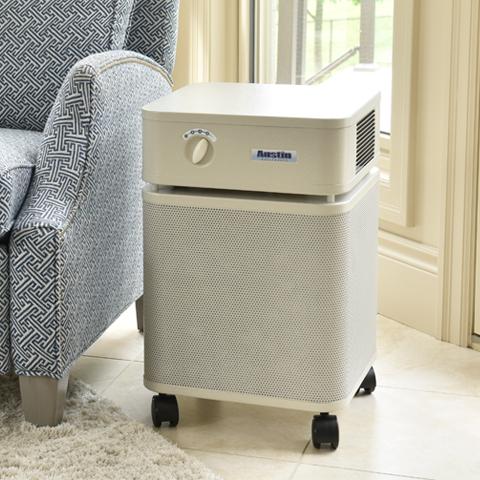
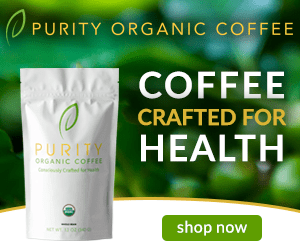
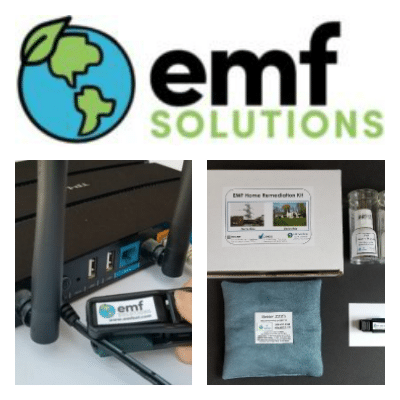

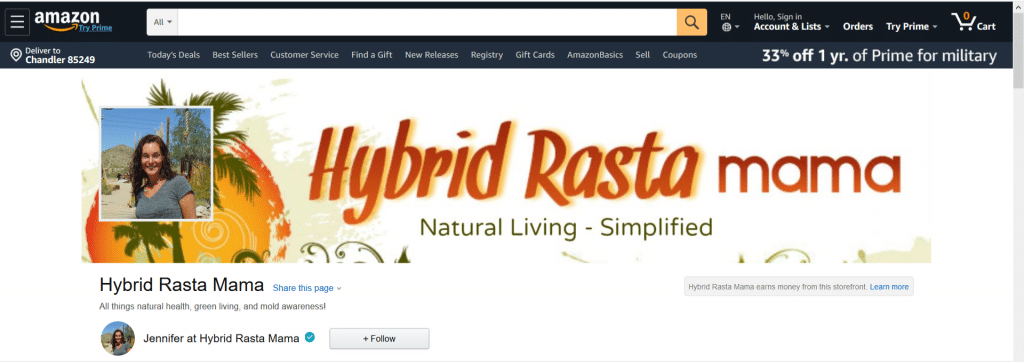
Brenda says
http://www.pickl-it.com/blog/565/potent-lactic-acid-bacteria-for-heavy-metal-decontamination/
Jennifer, I hope things are improving for you and your family. I just wanted to share this link about lactic acid fermentation being supposed to help reduce mycotoxins in food. I know the link mentions heavy metals but it also deals with mycotoxins! I’m very sensitive to mold/mycotoxins and find that I can tolerate fermented grains and nuts much better. I also think it helps to buy grains and grind them yourself so that you have really fresh flour, although I know that not everyone wishes to eat grains.
Best wishes
Brenda
Jennifer says
Thanks Brenda! I am a big-time fermenter over here and yes, fermented foods are often much better tolerated than others. I also agree that the fresher the grains the better. Anything that is already processed stands to have a potential issue.
Roberta says
Thanks Jennifer for this excellent article and I’m sure glad you are over the CRUD!! I was wondering about you and that I hadn’t heard much from you recently… but I’ve been pretty busy and haven’t been on the computer or facebook much lately.. Keep on Truckin’…. Roberta
Jennifer says
😉 Thank you Roberta! I’ll keep on truckin’ ’till every last part falls off. Ha!
Lisa Petrison says
There actually are a bunch of articles on Pub Med suggesting that mycotoxins can make their way into eggs and milk in substantial quantities. That may especially be the case with inexpensive products where the farmer may feed the animals low-quality, moldy grain in order to keep costs down.
Toxins in general, including mycotoxins, may be more likely to be in the fat of meat than in the lean part. Some people choose grass-fed beef because they want to avoid mycotoxins.
Some people prefer grass-fed butter (such as Kerrygold) because cows eating grass from the ground are less likely to be getting mycotoxin exposure.
I certainly can see how commercial orange juice would be contaminated with mycotoxins since the producers may not be very careful about separating out the moldy oranges before making juice. Same thing with apple juice, which can be contaminated with a mycotoxin called patulin if rotting apples are used.
I’m not of the impression that apples that are not bruised carry a mycotoxin danger though. I also have not read that fresh grapes without mold growth are a problem in terms of mycotoxins, though grape juice and (especially) wine certainly can be.
Green tea supposedly has less mycotoxins on average than black tea.
Soaking grains, beans or nuts overnight and then discarding the soaking liquid may help to remove some of the mycotoxins and other toxins that are present.
Thanks much for your work on this. I hope that you are starting to feel better.
Best,
Lisa Petrison
Paradigm Change
Jennifer says
Thanks Lisa! This is a great comment and adds a lot to my post. I really appreciate your insight and I hope that it can help others who are worried about mycotoxins in the food they are consuming.
Kimberly A Knight says
even almonds?
Jennifer says
🙁 All nuts are at risk although nuts stored with shells on are the worst offenders. These would be peanuts and pistachios as an example. Almonds are absolutely the safest of the bunch and I can personally eat them without issue.
sharol tilgner says
Sorry to break this to you, but dairy products can have mycotoxins in them also. Most mycotoxins studied have been found in milk of lactating animals when they are fed the mycotoxin in their food. Often dairy animals get fed grains with mycotoxins as it is what is available or the price is right. In fact this is a HUGE problem. Therefore all the agricultural products that are sold to bind the mycotoxins. Bentonite clay is used a lot, although for some types of mycotoxins gut flora is better at altering the toxin rather than binding it with a binder. If in the U.S.A., we actually tested milk for aflatoxins, or other mycotoxins known to be an issue in milk, people would be surprised at the amount of contamination.
Jennifer says
Hi Sharol! Thanks for the comment. This is a SUPER loaded issue which actually deserves it’s own post (which clearly I never have written but maybe I should actually get around to doing!). But yes, you are correct – some dairy products (and even meat) are at risk for mycotoxin contamination. There are safe dairy and meat products out there. I know that quite a few of the farms with grass fed / grass finished cattle are quite diligent about this. But yes, overall this is something to be vigilant about.